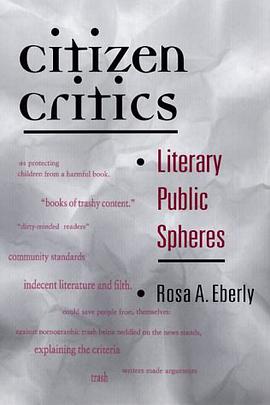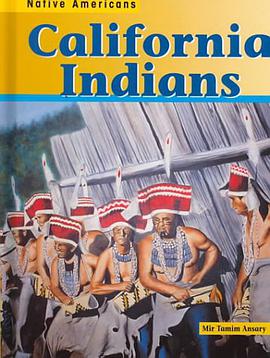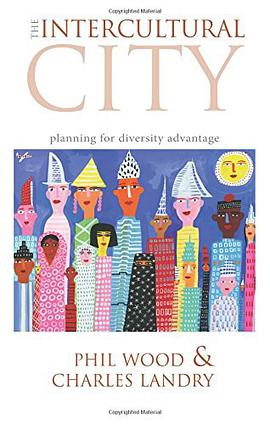

In this revealing study of the links among literature, rhetoric, and democracy, Rosa A. Eberly explores the public debate generated by amateur and professional readers about four controversial literary works: two that were censored in the United States and two that created conflict because they were not censored. In "Citizen Critics", Eberly compares the outrage sparked by the publication of James Joyce's "Ulysses" and Henry Miller's "Tropic of Cancer" with the relative quiescence that greeted the much more violent and sexually explicit content of Bret Easton Ellis' "American Psych" - and Andrea Dworkin's "Mercy". Through a close reading of letters to the editor, reviews, media coverage, and court cases, Eberly shows how literary critics and legal experts defused censorship debates by shifting the focus from content to aesthetics and from social values to publicity. By asserting their authority to pass judgments - thus denying the authority of citizen critics - these professionals effectively removed the discussion from literary public spheres. A passionate advocate for treating reading as a public and rhetorical enterprise rather than solely as a private one, Eberly suggests the potential impact a work of literature may have on the social polity if it is brought into public forums for debate rather than removed to the exclusive rooms of literary criticism. Eberly urges educators to use their classrooms as protopublic spaces in which students can learn to make the transition from private reader to public citizen.
具體描述
讀後感
評分
評分
評分
評分
用戶評價
相關圖書
本站所有內容均為互聯網搜索引擎提供的公開搜索信息,本站不存儲任何數據與內容,任何內容與數據均與本站無關,如有需要請聯繫相關搜索引擎包括但不限於百度,google,bing,sogou 等
© 2025 book.quotespace.org All Rights Reserved. 小美書屋 版权所有




















